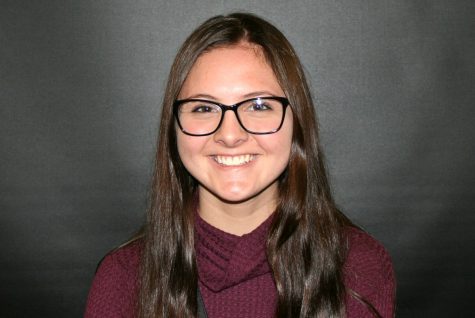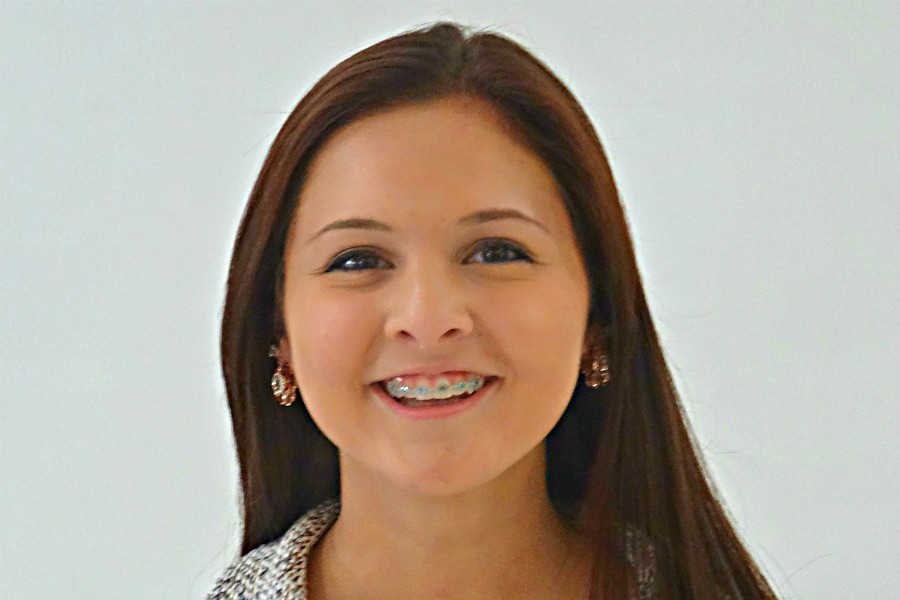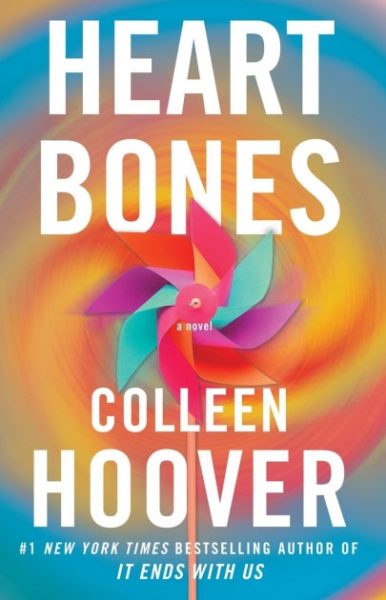Can you answer this: What do you want to be when you grow up?
We, as young adults, frequently get asked the question, “What do you want to be when you grow up?” by our parents, teachers, and even our friends.
But can we, young adults, honestly answer it?
When we were younger, we said something silly.
Astronaut, president, and rock star were common answers.
When we were little these were realistic things to us.
We chose to be something extraordinary because we thought it was nothing less than possible like sophomore Kennedy Lints’ younger sister, Lyndi Lints, who loves animals.
Lyndi, who is 6 years old, said, “I want to be a veterinarian or a farmer because I love animals and they are super cute.”
Lyndi’s response is typical. To her, at the age of 6, she only wants to be a veterinarian or farmer because those jobs deal with animals that are “super cute.”
Of course, as we got older the question was asked more frequently.
When middle school rolled around and we were asked yet again, we gave obvious answers.
Teacher. Doctor. Nurse. Professional athlete.
For sophomore Lia Silvas’ 12-year-old brother, Braylon Silvas, his passion for the game of football drives his job choice.
“I want to be in the NFL,” Braylon said. “What team? I’m not sure.”
Braylon’s answer was also expected. He, a young, driven student, has high expectation for himself at only the age of 12.
Then as we enter high school, the question, “What do you want to be?” seems to come up everyday, and we are expected to have an answer.
The question never falls short of being an anxiety-filled question. The answer to the question is a stressful thing that we often tend to put lots of thought into.
For high schoolers, the answer of what we want to be when we get older becomes more complex.
Engineer with a study in bio chemistry, cardiothoracic surgeon, or college professor are all jobs that come to mind.
We form specific, detailed ideas of what we want to be.
High school is where it all starts. The start of our lives greatly depends on what we intended to do in high school.
We, as students, walked into freshman year and we either knew exactly what we wanted to be or we have no clue. Usually, there is no in between.
For freshman Nick Williams, he knows what he wants to be when he grows up.
“I want to be in law enforcement, like my dad,” Williams said. “My dad has served 20 years, so I would like to be just like him.”
Williams’ answer was shocking. From the sound of things, he knows what he wants to do with his life. Williams is a driven student who will not let anything stand in his way.
As a sophomore, it became clear to me that once sophomore year came, things became clearer because many of us formed a designated plan. For some of us, we started to take college visits and were constantly online looking up job careers because it approaches faster then we can keep up.
Then junior year becomes important because SAT tests are taken, and for many students it determines a great deal of the future.
Plans are constantly being changed and become realistic.
During the senior year, many students apply to colleges.
By then, many seniors have an idea of what college they want to attend and the career they intend to pursue.
Senior Antonio St. John said, “My plan for college is to attend Kettering University for a bachelor’s degree.”
St. John formed a specific idea of exactly what he wanted to be.
“I am going to college to be a mechanical engineer with a specialization in automotive engineering and design,” he said.
St. John always had the idea of being some type of engineer since he was a freshman.
“When I began to think seriously about what I wanted to go to school for as a freshman, it was always some type of engineer,” St. John said. “In the last couple years, I have narrowed it down to mechanical engineering.”
For some high school students, the question still is left unanswered, and that is OK too.
To many of us, thinking about growing up and moving away from home is not always something we are physically, mentally, and emotionally ready for, so we choose to avoid it.
Learning to support ourselves is a major thing to have to adjust to, and for many students, they are clueless.
They have no idea what it even means to be an adult.
So maybe we do not have an answer right now, but who is to say we won’t ever?
Plans change. In four short year we grow up a lot. We learn who we are and, sometimes, who we intend to be.
Senior Hannah Ploof’s plans for college are to attended Mott Community College and then transfer to Michigan State University.
Ploof said, “I want to be a physical therapist in a clinic.”
She said her plans from freshman year to senior year have changed immensely.
“When I was younger, I wanted to be an eye doctor,” Ploof said.

Junior
Sports: Dance
Extracurricular activities: DECA, Freshman mentors
Hobbies: Reading, Writing
Plans after High School: Attending Michigan...






